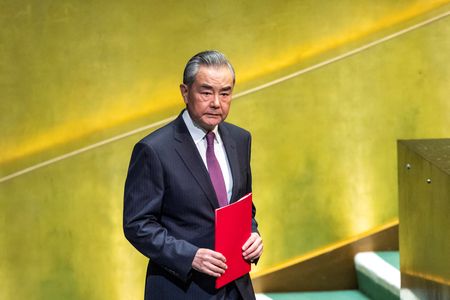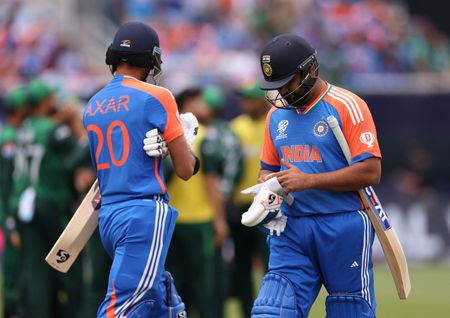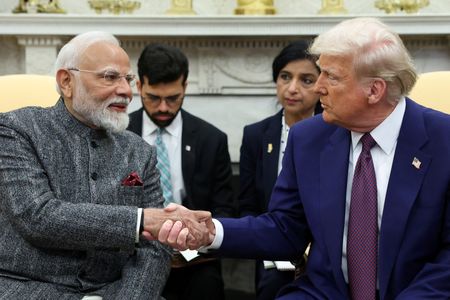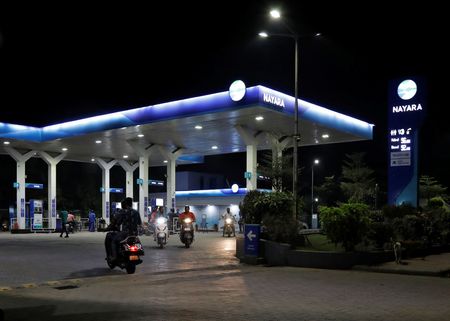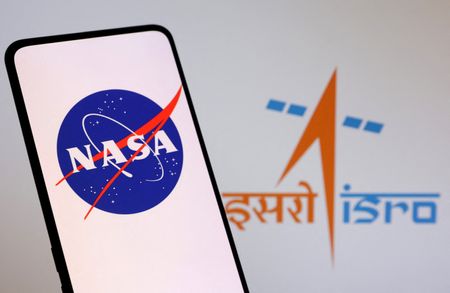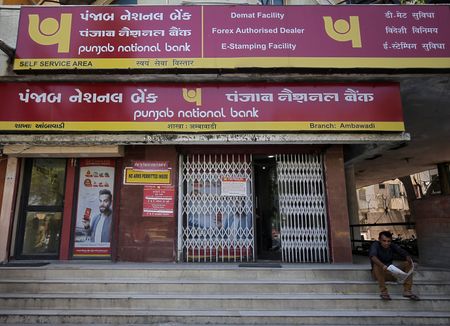BEIJING (Reuters) – China and India took a further step towards easing their long-running border dispute on Wednesday, with senior officials holding formal talks for the first time in five years and committing to finding mutually acceptable solutions.
The meeting in Beijing between Chinese Foreign Minister Wang Yi and India’s National Security Advisor Ajit Doval followed a milestone pact two months ago on lowering military tensions at a contested part of their border.
The two officials reaffirmed both sides’ commitment to seek a package of solutions to the dispute that was fair and acceptable for both, a Chinese foreign ministry statement said.
They stressed the need to strengthen routine control and management of the border to maintain peace in the western Himalayan frontier area.
Ties between the two nuclear-armed neighbours have been severely strained since June 2020 after hand-to-hand combat in Galwan Valley led to the deaths of at least 20 Indian and four Chinese soldiers.
The encounter was the deadliest since a brief war between India and China in 1962, also triggered by a dispute at their nearly 3,500 km (2,175-mile) border, known as the Line of Actual Control.
The two sides “emphasised the need to ensure peaceful conditions on the ground,” a statement from India’s foreign ministry said.
“Drawing on the learnings from the events of 2020, they discussed various measures to maintain peace and tranquillity on the border and advance effective border management.”
In the last four years, both sides had deployed tens of thousands of troops and military equipment closer to their contested border in Ladakh, which has become a major flashpoint on the countries’ poorly demarcated border.
Tensions and distrust between the neighbours have extended to other aspects of bilateral ties, with New Delhi slowing visa approvals for Chinese nationals, banning popular Chinese mobile apps and tightening scrutiny of investments from China.
Wednesday’s meeting marked the first formal talks between the two countries’ special representatives on border issues since late 2019. Paving the way for the talks was an agreement in October allowing for the disengagement of their troops at two face-off points.
Wang last met with Doval in September in St Petersburg, Russia, on the sidelines of a BRICS meeting on security matters, with the two agreeing to create conditions to improve ties.
A month later, Chinese President Xi Jinping met with Indian Prime Minister Narendra Modi in Russia, days after the two countries reached the agreement on disengaging their troops and restoring their positions to pre-2020 locations.
(Reporting by Ethan Wang, Yukun Zhang, Ella Cao and Ryan Woo; Editing by Angus MacSwan and Ros Russell)

